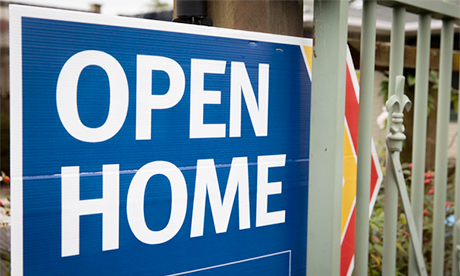With the rent Māori are paying Māori could actually afford ‘the dream’, to buy a home, but a 20% increase in house prices means fewer are able to.
The comment comes from Te Matapihi, independent Māori housing advocacy group chair, Rau Hoskins.
Hoskins is asking the Government to be more nuanced with their policy framework, making it easier to build on freehold land and provide greater support by family members who have achieved home ownership.
“If you haven’t grown up with family members who have achieved home ownership then it’s a foreign world to you,” Hoskins told RNZ.
“Looking at the notion of wāhi kainga, there is still a number of Māori who have inherited or own original quarter-acre sections with Māori Affairs homes on them, and most of those homes are freehold, so we know that there is the capacity on those quarter-acre sites to build at least one, two and sometimes three more dwellings,” he said.
“We’ve been calling for this for a long time.”
“We need a policy which directly supports those Māori who have that equity in the land available to them, right now, and provide wrap-around support so they can create good homes for their wider and expanding whānau.”
Commenting on the Real Estate Institute’s monthly house price index for October which shows house prices have increased 19.8% year on year, Hoskins says, “The situation is advantaging people who are already in the market and making the dream even more distant for those who aren’t, Māori and non-Māori.”
Hoskins is also urging the Government to look at the Loan to Value Restrictions (LVR) and contain investor activity in the housing market which he says is extremely active at the moment.
The Real Estate Institute’s monthly house price index for October shows the median house price is $725,000, with record-high median houses prices seen in Gisborne, Marlborough, Otago, Wellington, Manawatū/Whanganui, Northland, Bay of Plenty, Waikato and Canterbury.
